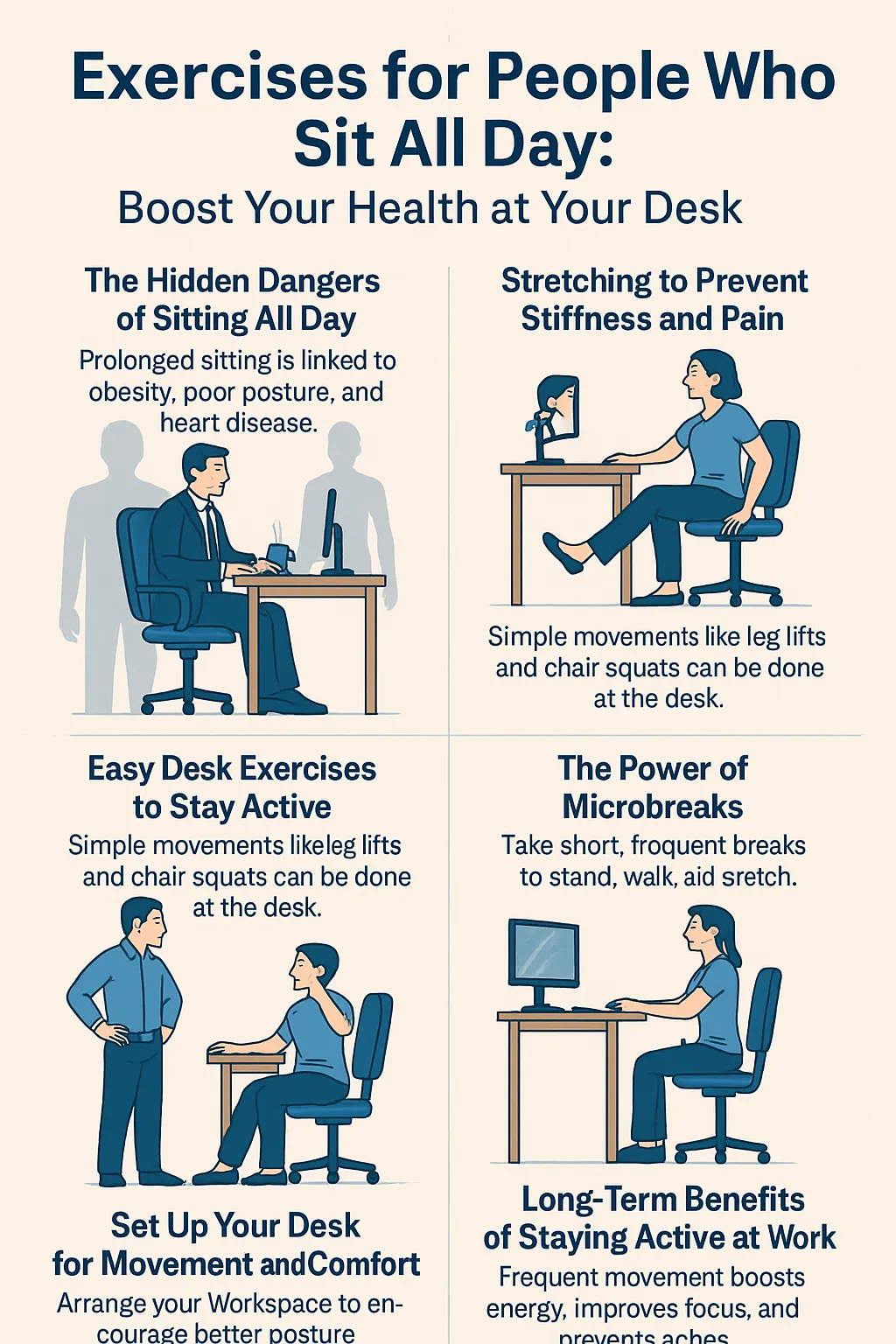
In our fast-paced, always-connected world, sleep often takes a back seat to busy schedules. But did you know that getting enough quality sleep is one of the most powerful tools for maintaining a strong immune system? Science shows that while you’re sleeping, your body is hard at work repairing itself—and this includes strengthening your defenses against illness.
In this article, we’ll explore the critical link between sleep and immune function, what happens when you don’t get enough rest, and how to optimize your sleep to boost immunity and overall health.
The immune system is your body’s first line of defense against infections and diseases. Sleep supports your immune system by:
Research published in the journal Sleep shows that sleep-deprived individuals are more likely to catch a virus after exposure, proving that rest is critical for immune defense.
When you don’t get enough rest, your body becomes more vulnerable to illness. The effects of sleep deprivation on immunity include:
Chronic lack of sleep is linked to a greater risk of colds, flu, and even long-term illnesses like heart disease and diabetes.
Not all sleep is created equal. Deep sleep—also known as slow-wave sleep—is the most restorative phase of your sleep cycle. During deep sleep:
Maximizing deep sleep is essential for immune health and overall physical recovery.
Here are proven habits to improve your sleep and strengthen your immune system:
These habits help your body enter deeper sleep stages and maintain a strong immune response.
What you eat also affects how well you sleep—and how well your immune system functions. Include these immune-boosting sleep-friendly foods in your diet:
Avoid heavy meals and sugary snacks before bed, as they can disrupt sleep quality.
Absolutely. Long-term poor sleep doesn’t just weaken your immune system—it also contributes to chronic diseases. Research shows that people who consistently get less than 6 hours of sleep per night are at increased risk for:
Getting 7–9 hours of high-quality sleep each night can significantly reduce your risk of developing these conditions by lowering inflammation, improving hormonal balance, and supporting mental clarity.
Sleep is far more than just downtime—it’s a critical process that restores your body, strengthens your immune system, and protects you from disease. Whether you’re trying to avoid the common cold or reduce long-term health risks, prioritizing sleep should be a cornerstone of your wellness routine.
By developing better sleep habits, eating a balanced diet, and managing stress, you can naturally enhance your immunity and wake up each day stronger, sharper, and more resilient.